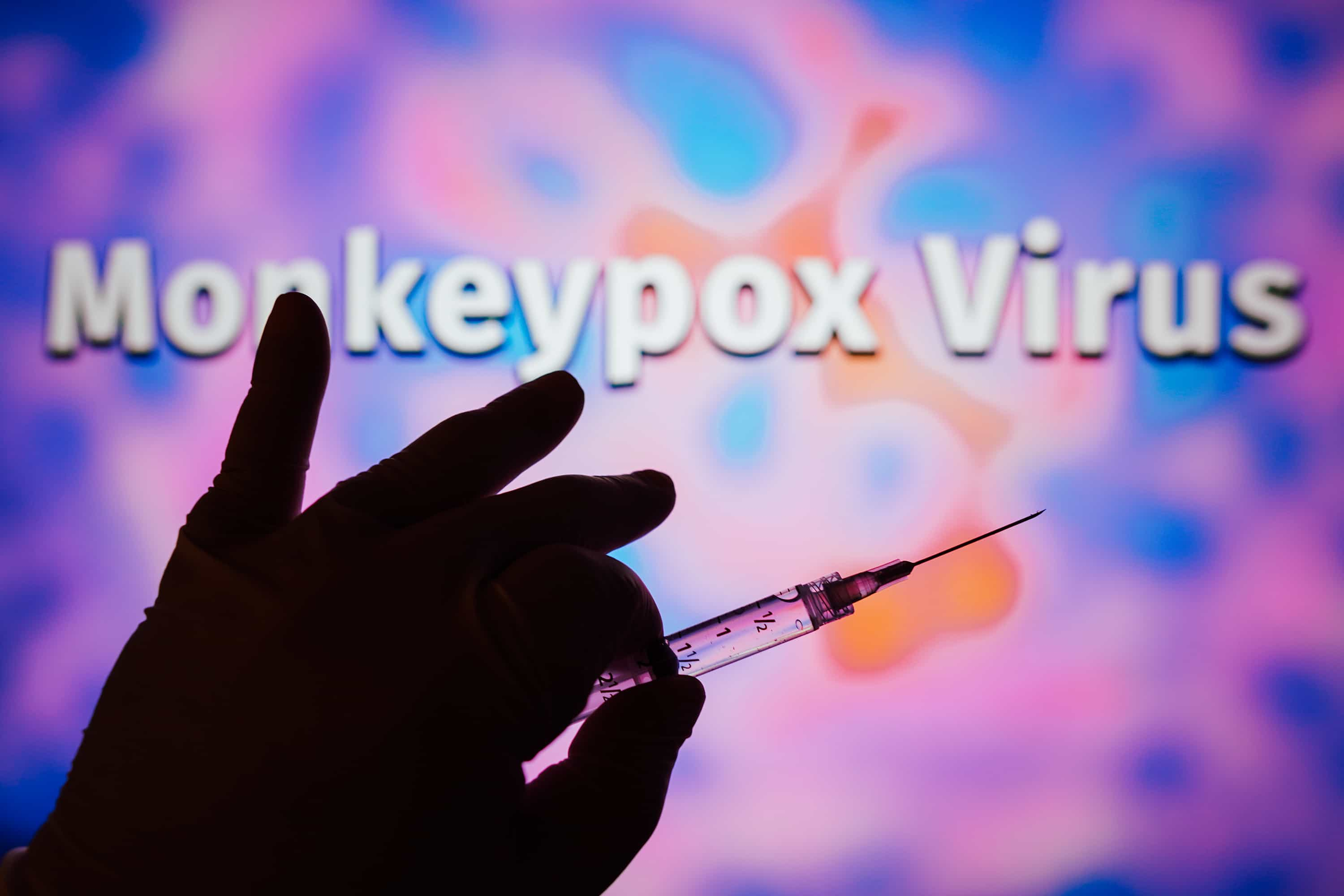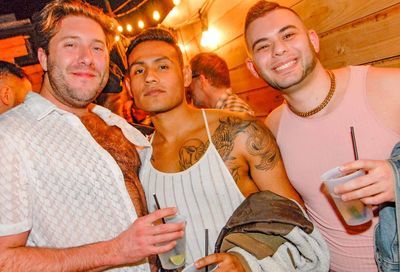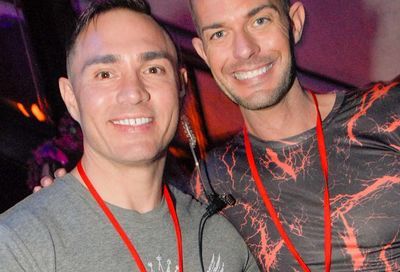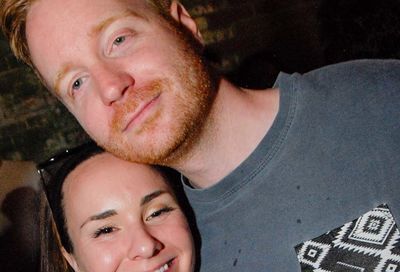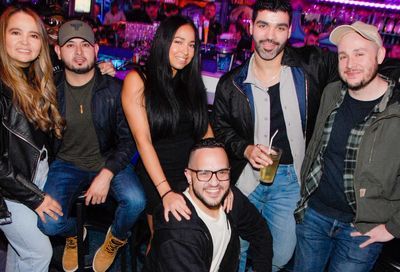Gay, Bi Men More Critical of Government’s Response to Monkeypox
Two-thirds of gay and bisexual men say they definitely or probably will get vaccinated to avoid contracting the monkeypox virus.

A poll from the Pew Research Center says that gay and bisexual men in the United States are more concerned about the recent monkeypox outbreak and are more critical of the U.S. government’s response to the crisis.
The United States officially declared the monkeypox outbreak to be a national health emergency in early August. Two weeks earlier, the World Health Organization declared the outbreak to be a “global health emergency.”
As of September 27, the Centers for Disease Control and Prevention reported that there had been more than 25,000 confirmed cases of monkeypox infection in the United States since the first reported case was confirmed in May.
Globally, the overwhelming majority of confirmed monkeypox cases have occurred among men who have sex with men, which has led some LGBTQ organizations to call for greater government funding and intervention to ensure local health departments can test for the virus and connect at-risk populations with vaccines. To assist in vaccination efforts, the Biden administration released 1.8 million additional vaccine doses to localities who have been offering vaccines at LGBTQ and Pride-themed events.
This week, the Human Rights Campaign and the National Center for Lesbian Rights penned a letter, co-signed by more than 100 LGBTQ, public health, and religious advocacy organizations, calling on elected leaders to increase funding and push for more targeted action to connect at-risk populations with vaccines, noting that the virus is disproportionately impacting Black and indigenous communities and people of color, as well as people living with HIV even as the overall infection rate subsides.
In general, the Pew poll finds that 35% of Americans overall rate the U.S. government’s response to the monkeypox virus as “excellent or good,” versus 36% who rate it as “only fair or poor,” while 29% of Americans have no opinion.
Among gay and bisexual men, nearly half, or 49%, rate the government’s response has been fair or poor, while 34% say it’s been excellent or good. By comparison, straight men are evenly divided on the quality of the government’s response.
The vast majority of Americans, or 94% overall, have heard at least a little about the monkeypox outbreak. More than 40% of gay and lesbian adults say they have heard or read “a great deal” or “quite a bit” about the monkeypox outbreak, compared with 29% of adults overall.
Nearly three-quarters of U.S. adults, or 73%, say the monkeypox outbreak is a threat to U.S. public health, including 19% who say it is a major threat. 85% of gay or lesbian adults and an identical proportion of bisexual adults say the outbreak is at least a minor threat to public health, with about 1 in 3 saying it’s a major threat.
Additionally, 74% of gay or bisexual men say the monkeypox outbreak is at least a minor threat to their personal health, compared with 42% of straight men.
Among all adults in the United States, 16% say they’ve taken some kind of action to reduce their risk of getting the monkeypox virus. Thirty-eight percent of gay or bisexual men say they’ve taken some action to reduce their risk of contracting monkeypox, which may include abstaining from sex, cutting back on the number of sexual partners, or getting vaccinated.
Among all U.S. adults, 10% say they definitely will get vaccinated, and another 23% say they’ll probably get a vaccine, while 64% say they will probably or definitely not get vaccinated. Two percent of respondents said they had already received a vaccine to prevent against monkeypox.
About two-thirds of gay and bisexual men, or 66%, say they definitely or probably will get vaccinated to prevent against monkeypox, including 1 in 10 who say they’ve already done so. By comparison, only 1 in 3 straight men say they’ll get vaccinated against the disease.
Currently, the CDC recommends higher-risk populations, including men who have sex with men; people who have or have had multiple sex partners over a typical two-week period; transgender individuals; sex workers; and employees of venues where sex is likely to occur on the premises, such as gyms and bathhouses. The CDC currently recommends the two shots of the Jynneos vaccine — a smallpox vaccine that is being used to inoculate people against the monkeypox virus, which shares many similarities to the smallpox virus — spaced about 30 days apart, to protect against infection.
Support Metro Weekly’s Journalism
These are challenging times for news organizations. And yet it’s crucial we stay active and provide vital resources and information to both our local readers and the world. So won’t you please take a moment and consider supporting Metro Weekly with a membership? For as little as $5 a month, you can help ensure Metro Weekly magazine and MetroWeekly.com remain free, viable resources as we provide the best, most diverse, culturally-resonant LGBTQ coverage in both the D.C. region and around the world. Memberships come with exclusive perks and discounts, your own personal digital delivery of each week’s magazine (and an archive), access to our Member's Lounge when it launches this fall, and exclusive members-only items like Metro Weekly Membership Mugs and Tote Bags! Check out all our membership levels here and please join us today!



